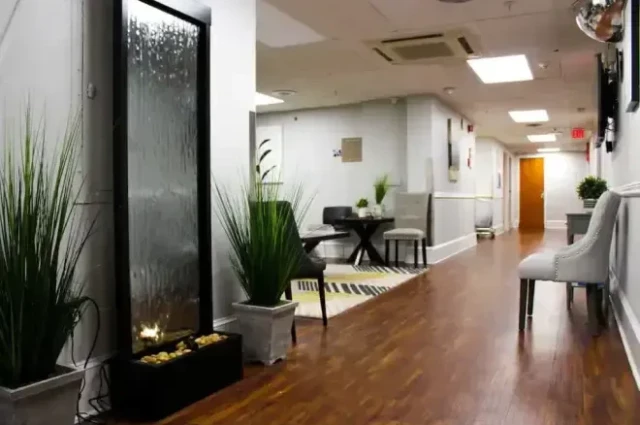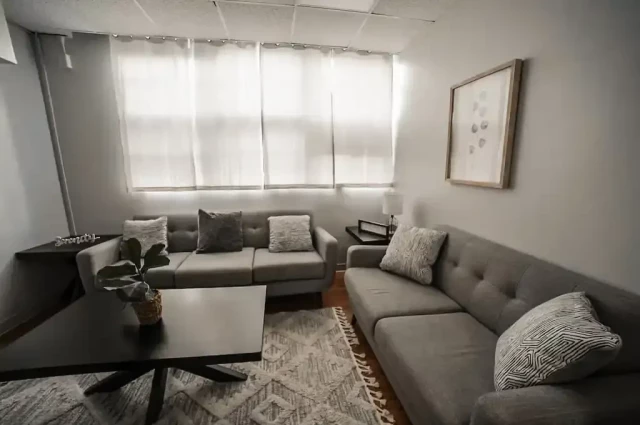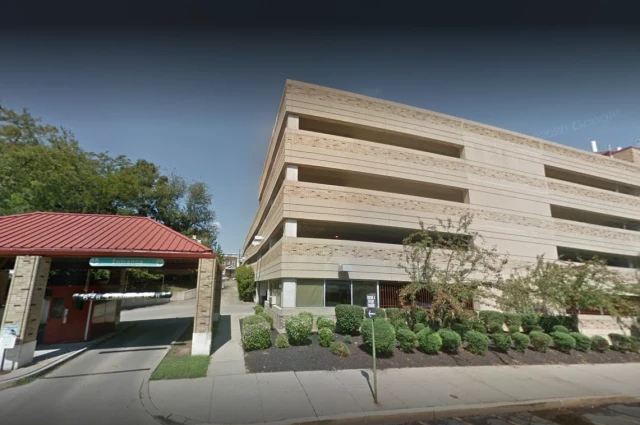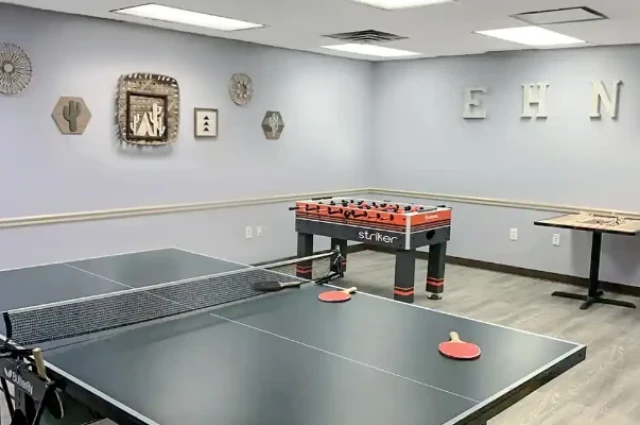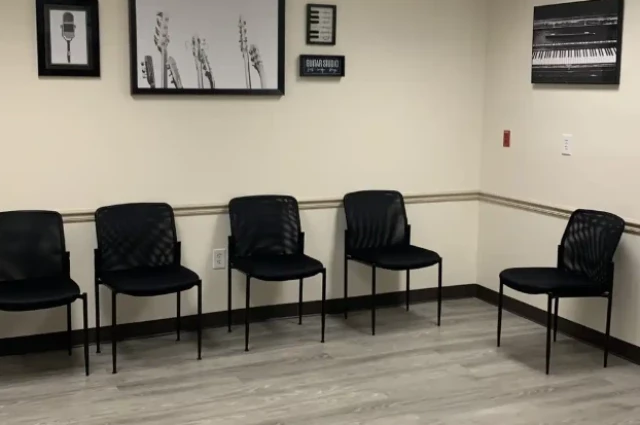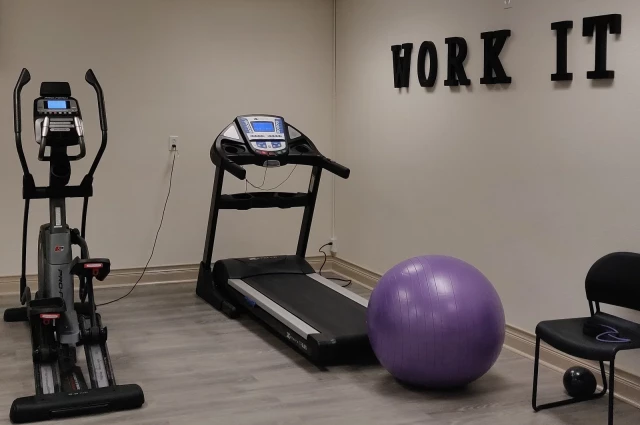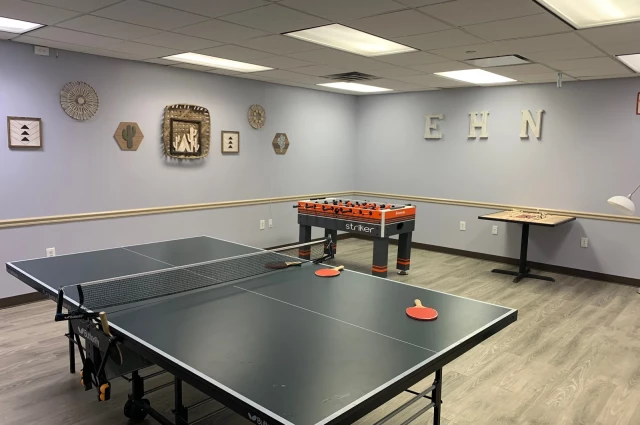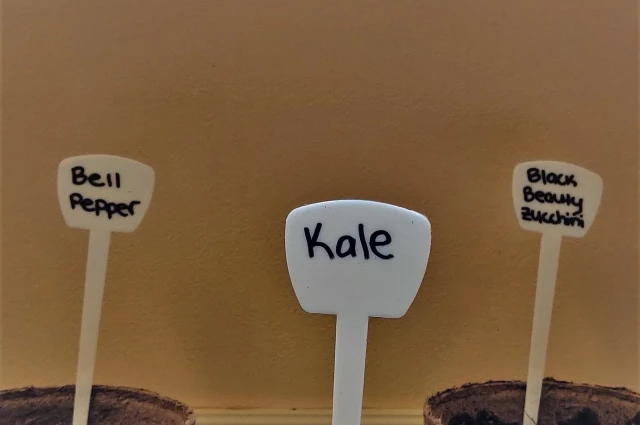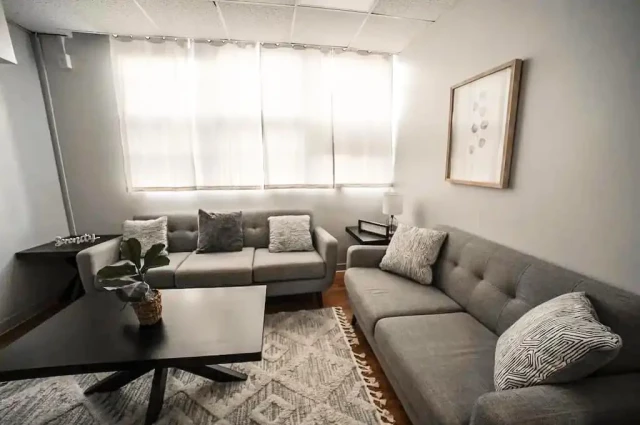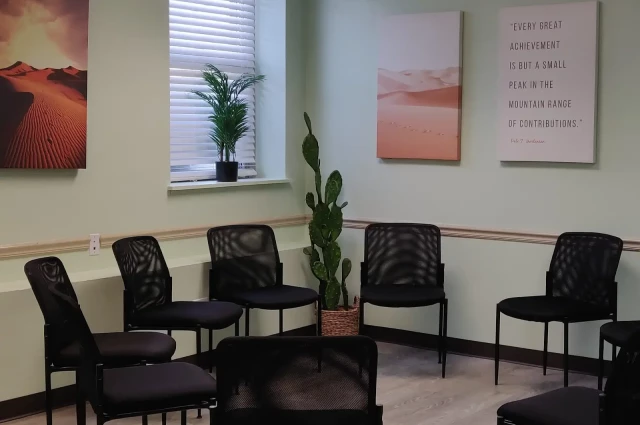Endeavor House North is a well-known drug and alcohol rehab center in Kearny, New Jersey, that has been around for more than 40 years and helps both men and women adults. The center is dedicated to the treatment of dual diagnoses, which involves the management of substance addiction and co-occurring mental health conditions. Endeavor House North provides a wide range of medical, educational, and therapeutic services, such as Medication-Assisted Treatment (MAT) to help with withdrawal effects. The facility offers specialized care for many types of drug addiction, such as cocaine, heroin, benzodiazepines, and alcohol. Their programs include detox, residential treatment, outpatient care, and assistance after treatment.
The Joint Commission and CARF have both approved Endeavor House North. It is also a proud member of the National Association of Addiction Treatment Providers (NAATP).

